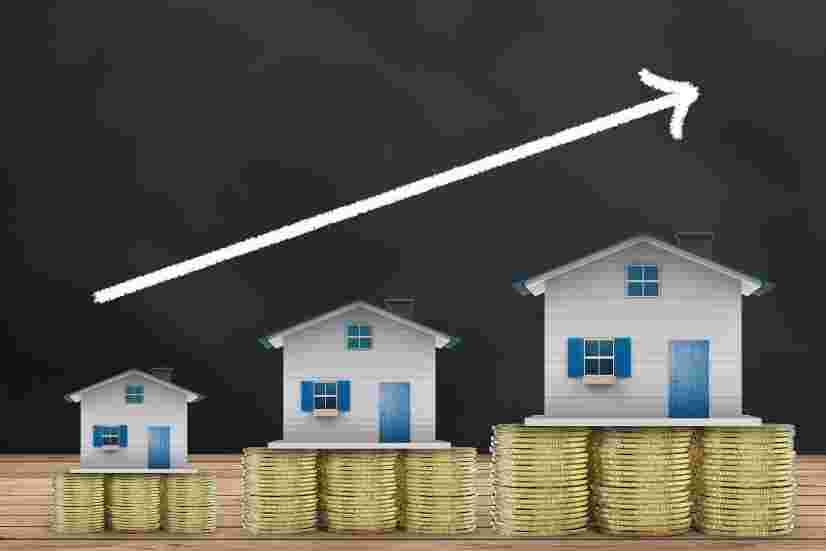
Investing in Real Estate in Nigeria
Real estate investment continues to be a popular investment option due to its potential for high returns, consistent income, and long-term growth. In many parts of the world, real estate investment has been a proven strategy for building wealth and generating passive income. Nigeria, a country with a population of over 200 million people, is one of the emerging markets in Africa with vast opportunities for real estate investors. With a growing economy, favourable government policies, and a high demand for properties, Nigeria offers attractive investment opportunities in the real estate market.
However, investing in real estate in Nigeria comes with its own unique set of challenges and risks. As with any investment, it is important to do thorough research, seek professional advice, and consider factors such as location, market trends, and potential risks before making any investment decisions. This article aims to provide readers with detailed insights into why investing in Nigerian real estate can be a wise decision for individuals seeking to create wealth and generate passive income.
Why investing in Nigerian real estate can be a wise decision
- High demand for real estate
Nigeria has a population of over 200 million people, and as the population continues to grow, there is an increasing demand for housing and commercial properties. According to the Nigeria Real Estate Hub, the housing deficit in Nigeria is estimated to be about 17 million housing units, with an annual demand for housing of about 700,000 units. This high demand for real estate means that there is a constant need for new construction projects and rental properties, providing ample opportunities for real estate investors.
2. Favourable government policies
The Nigerian government has implemented policies that support real estate investment, such as the Federal Mortgage Bank of Nigeria (FMBN) which provides low-cost mortgages to Nigerians. The government has also introduced laws to protect investors, such as the Land Use Act, which regulates land ownership and acquisition. These policies create a favourable environment for real estate investment in Nigeria.
In addition, the Nigerian government has established the Real Estate Investment Trusts (REITs) framework, which allows investors to pool their funds together to invest in a diversified portfolio of real estate assets. REITs are a popular investment vehicle for real estate investors in developed countries, and their introduction in Nigeria provides a more accessible way for investors to participate in the real estate market.
3. Growing economy
Nigeria’s economy is one of the fastest-growing in Africa, with sectors such as agriculture, manufacturing, and technology experiencing significant growth. According to the National Bureau of Statistics, Nigeria’s real GDP growth rate was 2.27% in 2019, and it is projected to reach 2.5% in 2021. This economic growth has led to an increase in employment opportunities and a rise in disposable income, which has resulted in increased demand for real estate.
Read the article: Why you should consider investing your 13th-month salary in real estate
4. Potential for high returns
Investing in real estate in Nigeria can provide significant returns on investment due to the high demand for properties and the potential for capital appreciation. In addition, rental yields in Nigeria can be attractive, particularly in cities such as Lagos and Abuja, where rental rates are high. For example, according to Numbeo, the average monthly rent for a one-bedroom apartment in Lagos is $246, while a three-bedroom apartment can rent for an average of $804 per month.
Furthermore, real estate investment in Nigeria provides an opportunity to benefit from the development of new cities such as Eko Atlantic City and Lekki Free Trade Zone, which are expected to create significant demand for real estate in the coming years. These new cities are being developed with modern infrastructure, amenities and a focus on sustainability, making them attractive to both investors and residents.
5. Diversification
Investing in real estate in Nigeria can provide a diversification strategy for investors looking to spread their portfolios across different asset classes. Real estate investment can offer a hedge against inflation and economic downturns, making it a reliable investment option for long-term investors.
Conclusion
Investing in real estate in Nigeria can provide significant benefits such as high returns, diversification, and the potential for long-term growth. However, like any investment, there are risks associated with real estate investment, and proper due diligence is necessary to mitigate these risks. By taking advantage of favourable government policies and the high demand for real estate in Nigeria, investors can unlock the potential of this vibrant market and work towards achieving their investment goals.
